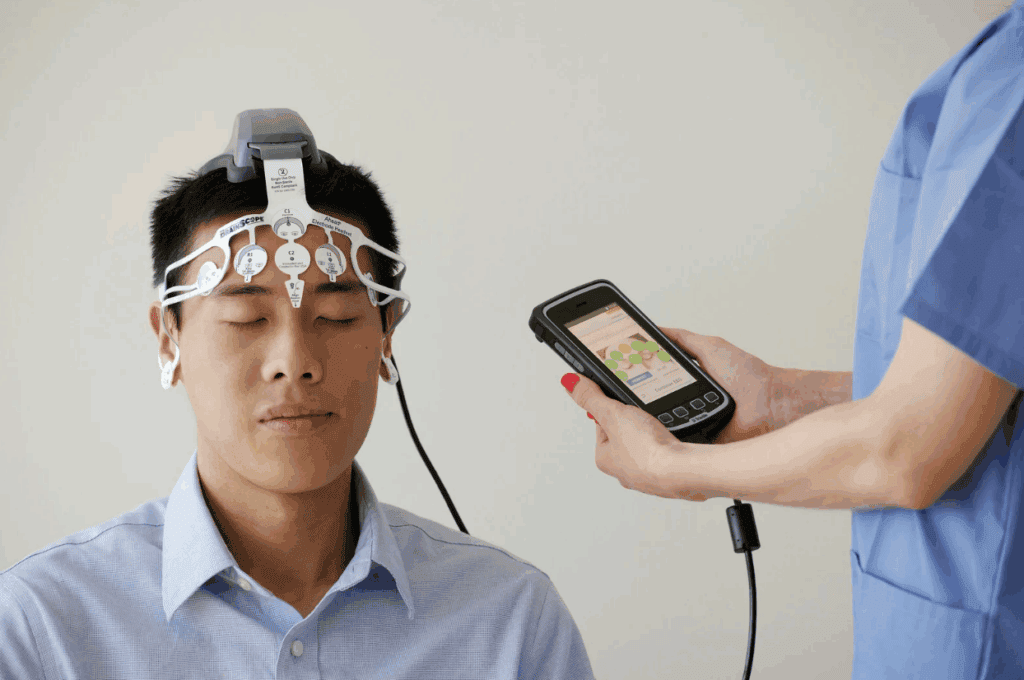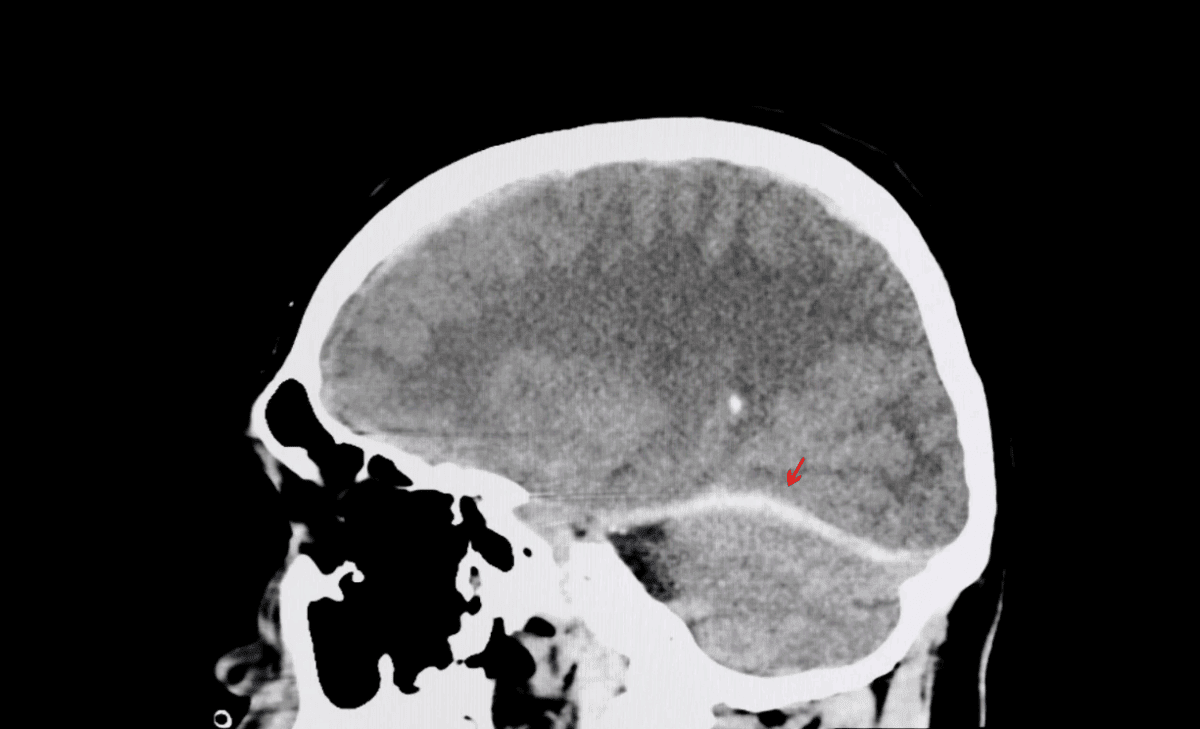Traumatic Brain Injury (TBI) happens when the brain’s normal function is interfered with by an outside force. It may be brought on by violent situations, falls, auto accidents, or sports injuries. Early detection is essential since some symptoms could show up right away, while others might take days or weeks to manifest.
Understanding the early signs of TBI can be the difference between effective treatment and long-term complications. The first few hours and days following a head injury are critical. While some people lose consciousness, many do not, so they may mistakenly think the injury is minor.
However, subtle symptoms can indicate severe internal trauma. Recognizing these early signs and seeking immediate medical care is essential. In complex cases where negligence or liability may be involved, experienced attorneys at The Perecman Firm can help individuals and families go around the legal challenges associated with the injury.

Physical Symptoms
Early physical symptoms of TBI often include persistent headaches, nausea, and dizziness. A headache that worsens or doesn’t go away should never be ignored. Dizziness or balance issues may indicate a disruption in the brain’s vestibular system, which controls spatial orientation.
Nausea, especially when accompanied by vomiting, is another warning sign.
Fatigue is also common. A person may sleep more than usual or have difficulty staying awake.
Sensitivity to light or sound, blurred vision, and ringing in the ears may develop, often unnoticed or misattributed to less severe causes. Seizures, although less common in mild cases, are a significant indicator of more severe trauma.
Cognitive and Emotional Changes
Beyond physical symptoms, TBI can cause changes in cognition and emotional regulation. Confusion, disorientation, and memory problems might surface soon after the incident. A person may struggle to remember recent events, follow conversations, or concentrate on tasks.
Mood swings, irritability, or unexplained emotional responses sometimes accompany these cognitive disruptions. Some individuals become unusually anxious or depressed, even in cases classified as mild TBI. The emotional symptoms are often underestimated but can profoundly impact daily life and relationships.
Behavioral and Sensory Red Flags
Another early indicator to keep an eye on is behavioral changes. Aggression, impulsivity, or withdrawal are examples of out-of-character behavior. Even when people are not conscious that their conduct has changed, friends and family are frequently the first to detect these subtle alterations.
Disruptions to the senses are also frequent. One may experience alterations in their sense of smell, a terrible taste in their mouth, or a general feeling of something being “off.” These symptoms, however milder, point to harm to the sensory components of the brain.

Wrap Up
Timely recognition of these early symptoms is vital because the brain is complex and slow to heal. Misinterpreting or overlooking signs of TBI can lead to complications like chronic headaches, cognitive deficits, or long-term emotional disorders. Even mild TBIs can evolve into more severe conditions without proper care.
In cases where injury results from someone else’s actions, understanding the early signs helps in medical recovery and supports the legal process. Accurate documentation and timely intervention can be crucial in holding people accountable.


